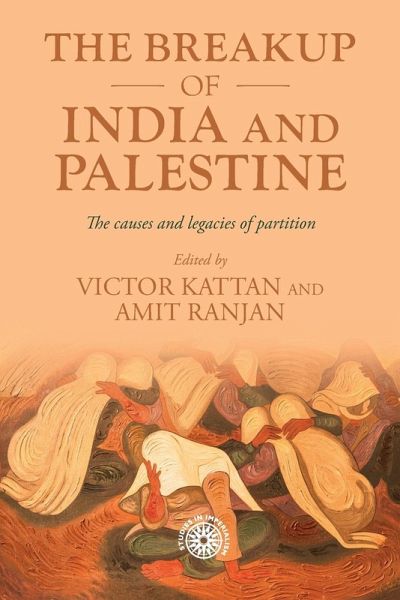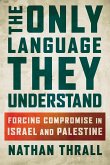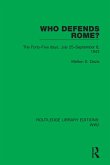'This fascinating collection offers systematic analysis of partition in India and Palestine as processes connected through supranational politics, international law, and transnational networks. Thought provoking, often harrowing and always original, the essays collected here make essential reading for anyone interested in where partitions fit within global decolonisation.' Martin Thomas, University of Exeter 'This is an original book on the momentous years of 1947 and 1948 in the Indian subcontinent and Palestine. By showing how partition failed to resolve the nationality "problems" it was designed to solve, the multi-scalar analyses demonstrate how the seeds were sown for the illiberal majoritarian democracies in these places today.' A. Dirk Moses, City College of New York The breakup of India and Palestine is the first study of political and legal thinking about the partitions of India and Palestine in 1947. It explains how these two formative moments collectively contributed to the disintegration of the European colonial empires, and unleashed political forces whose legacies continue to shape the modern politics of the Middle East and South Asia. With contributions from leading scholars of partition, the volume draws attention to the pathways of peoples, geographic spaces, colonial policies, laws and institutions from the vantage point of those most engaged in the process: political actors, party activists, jurists, diplomats, writers and international representatives from the Middle East, South Asia and beyond. The book investigates some of the underlying causes of partition in both places, such as the hardening of religious fault-lines, majoritarian politics and the failure to construct viable forms of government in deeply divided societies. It analyses why, even 75 years after partition, the two regions have not been able to address some of the pertinent historical, political and social debates of the colonial years. The volume moves the debate about partition away from the imperial centre, by focusing on ground-level arguments about the future of post-colonial India and Palestine and the still unfolding repercussions of those debates.
Hinweis: Dieser Artikel kann nur an eine deutsche Lieferadresse ausgeliefert werden.
Hinweis: Dieser Artikel kann nur an eine deutsche Lieferadresse ausgeliefert werden.








